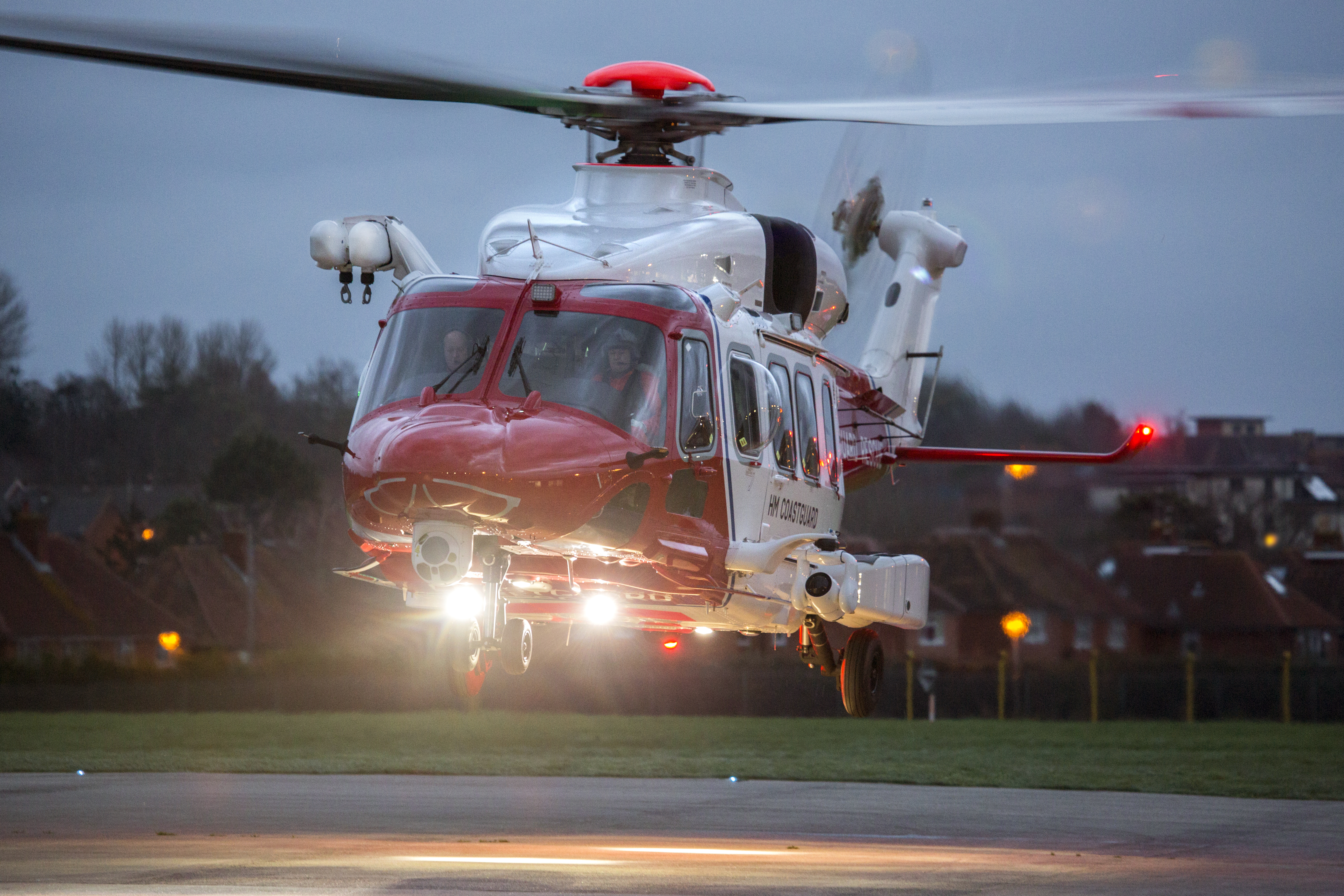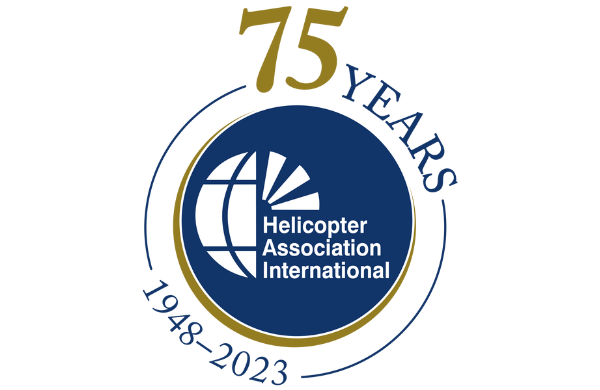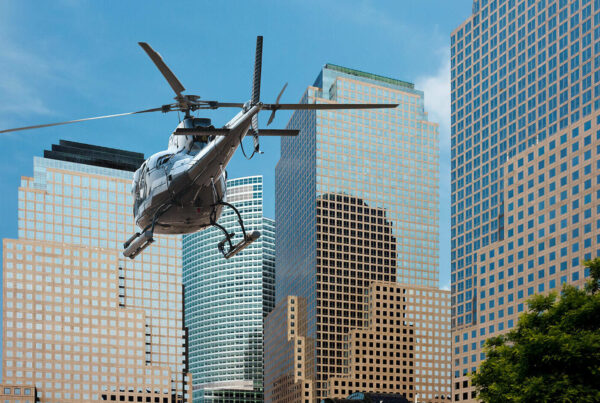The announcement that Bristow’s contract to provide SAR services for the UK has been extended to 2026 was greeted with little surprise. Let’s face it, the company has been doing an outstanding job. Having flown more than 60,000 SAR operational hours in the UK and conducted more than 15,000 SAR sorties, during which more than 7,000 people have been rescued. With such a record, its obvious that the UK is in safe hands but also begs the question of where crews for the cockpit and rear cabin will be found. Currently, many come from former military units and although the pool shows no signs of drying up, there surely is the need for those from civilian backgrounds to be given the opportunity to join the SAR force.
It was a question raised following a recent interview that I conducted with a leading helicopter training firm. With the UK’s future SAR contract now being discussed within the industry, the need for training crews has been factored into the requirements. Often, it is the duty SAR aircraft and aircrew that are ‘borrowed’ to instruct new pilots and rear crew around alerts. It has never been an ideal situation and can at times delay trainees becoming qualified quickly. It is a dilemma that all global civilian SAR organisations currently face. There needs to be a solution and it looks as though the creation of civilian-owned-and-run SAR training schools might be the way to go. Staffed by ex-military-trained SAR operators along with those from the civilian world may offer the best solution for the future?
The benefits are there, it’s just a case of those with the business foresight to take the leap now. Fortunately, a few organisations have, and are setting procedures and facilities in place to train future SAR pilots and technicians, whether from a civilian or military background.
The big benefit? If ever you are a lost at sea, you’ll know that when that helicopter comes into sight, it will likely be the duty aircraft and crew that’s solely dedicated to ensuring your survival.








